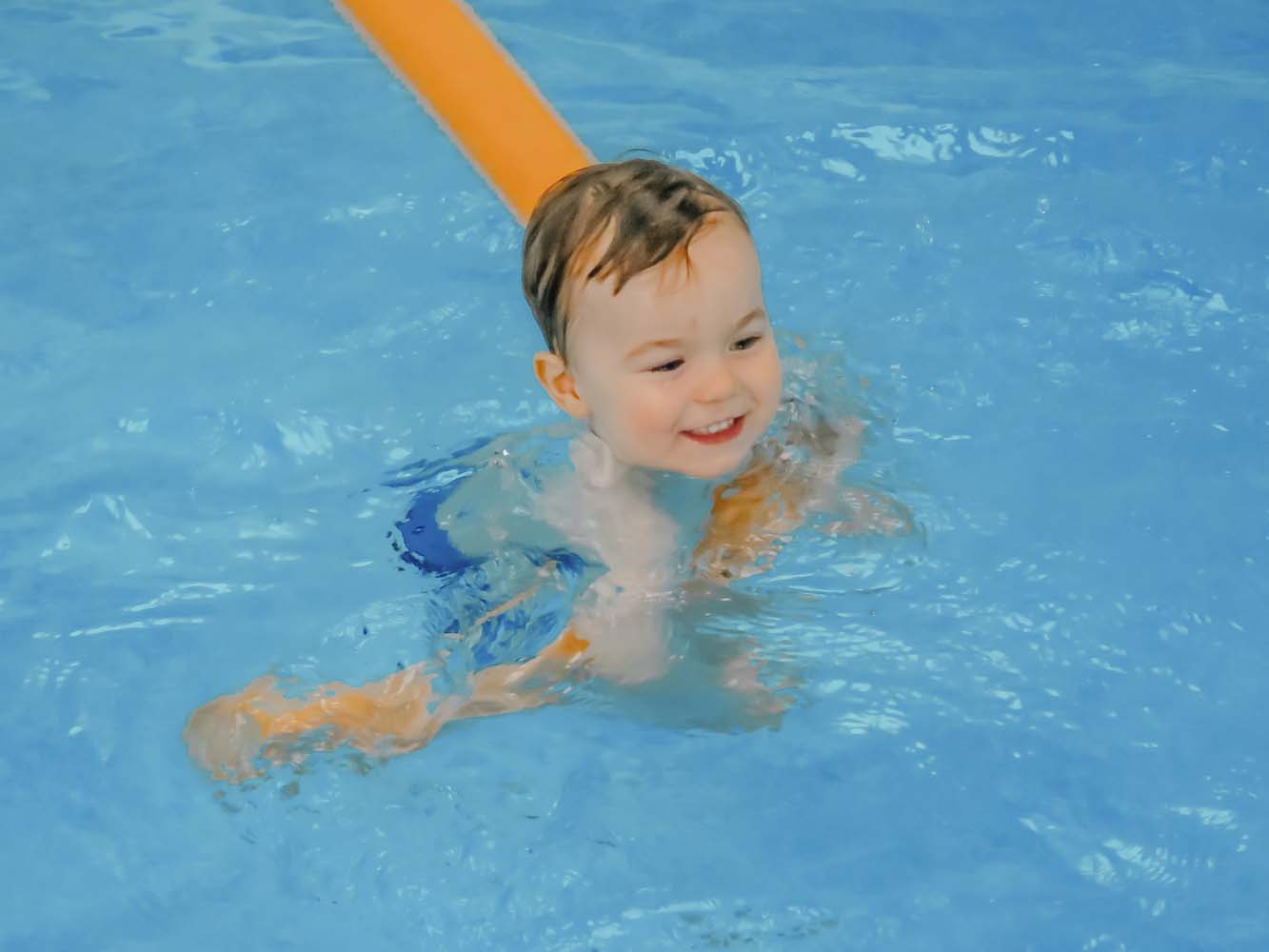Swimming is an essential life skill, and it's important that children learn how to swim from a young age. As a parent or carer, you want to ensure that your child learns to swim in the safest and most effective way possible. But, with so many options available, it can be hard to determine which approach is best for your child - formal swimming lessons or informal instruction. In this blog post, we'll explore both approaches and help you make an informed decision.
Formal Swimming Lessons
Formal swimming lessons are typically conducted by certified instructors and follow a structured curriculum. These lessons take place in a swimming pool and may be group or private sessions. The instructor will teach your child how to swim using a methodical and progressive approach, starting with basic skills and gradually building up to more advanced techniques. Formal swimming lessons are usually scheduled on a regular basis and can last anywhere from 30 minutes to an hour.
Benefits of Formal Swimming Lessons
One of the key benefits of formal swimming lessons is that they are led by trained and experienced instructors who have a deep understanding of swimming techniques and water safety. They will teach your child the proper techniques for swimming strokes, breathing, and floating. Furthermore, formal lessons provide a structured learning environment that allows your child to learn at their own pace and work towards specific goals.
Another benefit of formal swimming lessons is that they provide a great opportunity for your child to socialize and make new friends. Group lessons, in particular, allow children to interact with each other and participate in fun activities together. This can be especially beneficial for children who may be shy or have trouble making friends.
Informal Instruction
Informal instruction, on the other hand, involves teaching your child to swim in a more casual and unstructured environment. This could be in a backyard pool, at the beach, or in a natural body of water. Informal instruction is typically done by a parent or other family member who is comfortable in the water and has basic knowledge of swimming techniques.
Benefits of Informal Instruction
One of the main benefits of informal instruction is that it allows you to teach your child to swim in a comfortable and familiar environment. Your child may feel more at ease in a backyard pool or at the beach, which can help them learn to swim more quickly. Additionally, informal instruction can be less expensive than formal swimming lessons, as you won't have to pay for a certified instructor.
Another benefit of informal instruction is that it can be more flexible than formal lessons. You can teach your child to swim whenever you have time, rather than having to fit lessons into a specified time slot. Furthermore, informal instruction provides an opportunity for you to bond with your child and share a fun activity together.
Choosing the Right Approach for Your Child
When it comes to choosing between formal swimming lessons and informal instruction, there are a few factors to consider. Firstly, consider your child's age and swimming ability. If your child is very young or has no swimming experience, formal lessons may be the better option, as they provide a safe and structured learning environment. However, if your child is comfortable in the water and has some basic swimming skills, informal instruction may be a good choice.
Another factor to consider is your own comfort level and swimming ability. If you are not a confident swimmer, you may not feel comfortable teaching your child to swim in an informal setting. In this case, formal swimming lessons may be a better option.
Finally, consider your schedule and budget. Formal swimming lessons can be more expensive than informal instruction, but they provide a structured learning environment and are taught by certified instructors. If you have a busy schedule, formal lessons may be more convenient, as they are typically scheduled on a regular basis.
Conclusion
In conclusion, both formal swimming lessons and informal instruction have their benefits. Formal lessons provide a structured learning environment and are led by certified instructors, while informal instruction allows you to teach your child to swim in a familiar and comfortable environment. Ultimately, the approach you choose will depend on your child's age and swimming ability, your own comfort level and swimming ability, and your schedule and budget.
At The Online Swim School, we offer online courses that provide a safe and effective way for parents and carers to teach their child to swim. Our expert instructors will guide you every step of the way, ensuring that you and your child learn safely and have lots of fun together in the water. You can follow our lessons at a convenient swimming pool or on holiday. To learn more about our courses, please email [email protected].
